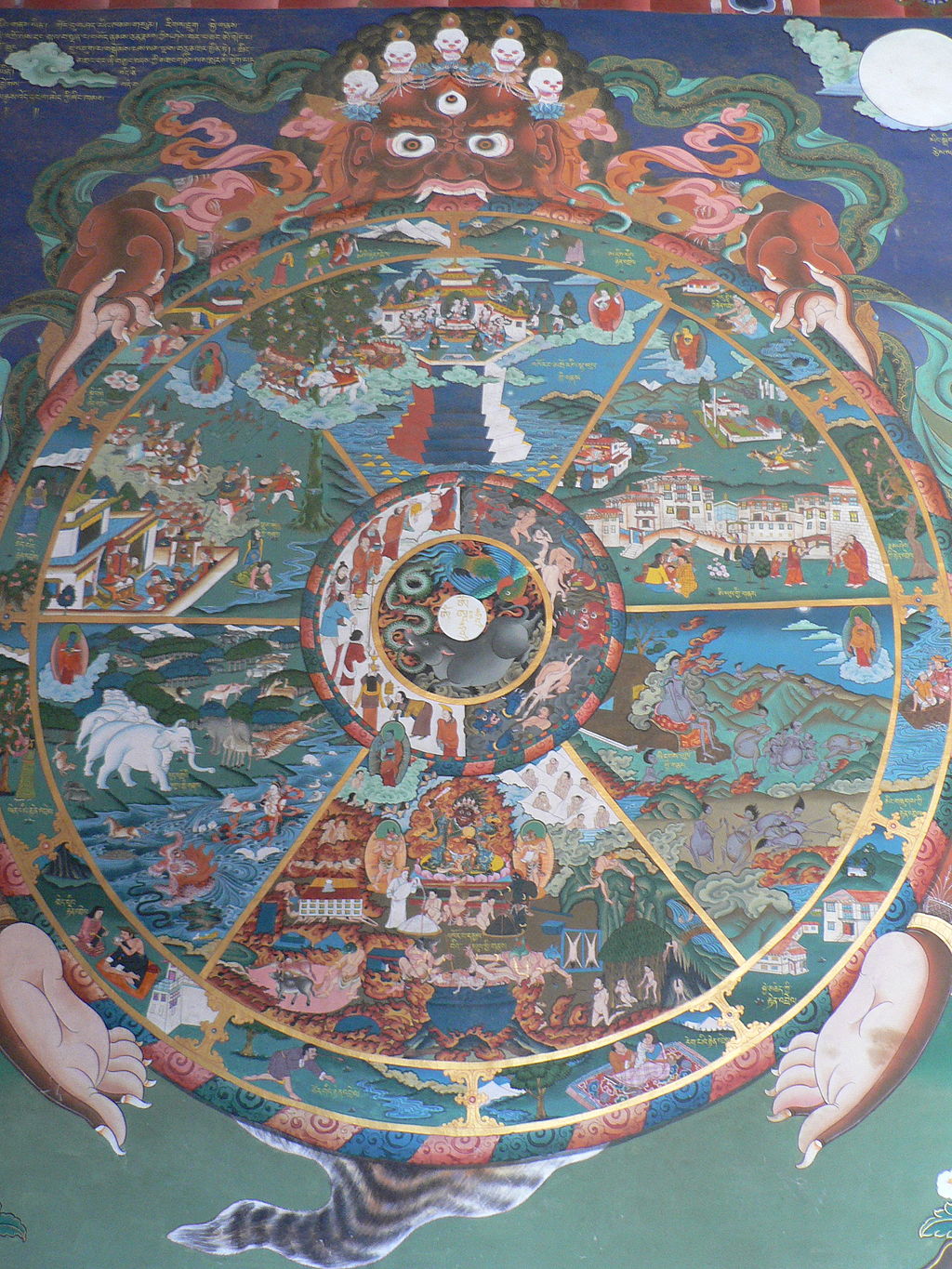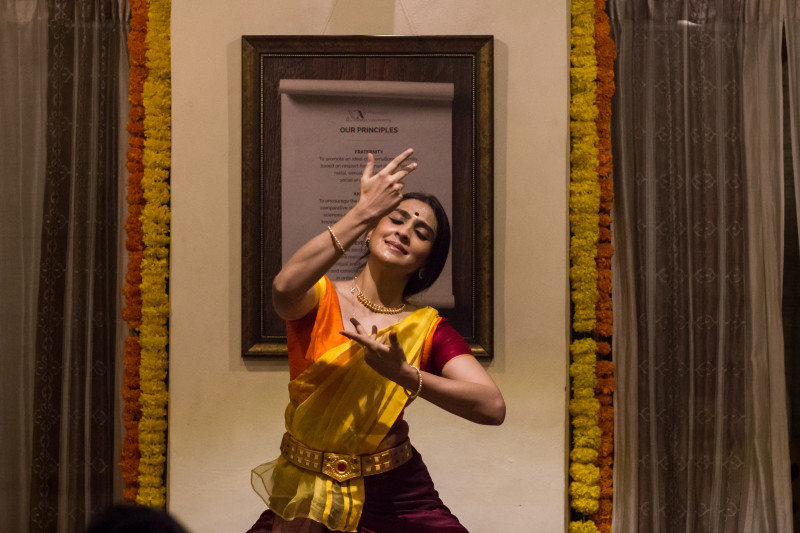Lost Horizon
Article By Anonymous
 Release year: 1937
Release year: 1937
Duration: 132 minutes
Movie category: Adventure | Drama | Fantasy
Director: Frank Capra
Writer: Robert Riskin (screenplay), James Hilton (novel)
Cast: Ronald Colman, Jane Wyatt and Edward Everett Horton
“In these days of wars and rumors of wars – haven’t you ever dreamed of a place where there was peace and security, where living was not a struggle but a lasting delight?”
This is a Capra masterpiece from the golden age of cinema. Because of its age, the whole movie had been lost and the filmmakers collected every existing copy and managed to merge the missing parts by snapshots. So what we see is a movie from the period where producers were orientated towards expressing their philosophical and social concerns, a period where the industry of making money was unknown.
The plot is the search for an ideal community which presupposes the awakening of man’s high consciousness. Plato said: “Each improvement of society starts with man’s improvement”. Plato wrote the Republic, Thomas More dreamt of Utopia, Dienach described the Valley of Roses and Campanella imagined the city of Sun. This vision is deeply embedded in the souls of those that yearn for justice and a better world.
The hero of the movie is an educated man, a British lord, sensitive, a writer of philosophical essays, energetic, always available to offer help, respectable and designated to be a minister in his country. But he is also a man with a secret vision, a pacifist and somehow disappointed, as he understands that this world is difficult to change. But he still hopes and dreams of a better world that he describes.
World War II. The movie hero tries to help American citizens escape from the Japanese invasion. They finally manage to escape by airplane until they find out that they are kidnapped by somebody, without knowing where he is taking them to. There are four passengers. The airplane crashes on a mountain covered with snow and are rescued by Tibetan Lamas who take them to a fabulous place: a sacred unknown city lost in the tibetan mountains, named Shangri-La.
“I have seen all nations growing not in wisdom but willing to destroy. I have seen them developing their military technology. I have seen man acting triumphantly when killing and every book, every treasure being destroyed…. So i decided to collect every item of beauty and civilization and rescue it from destruction. What could be more pitiful than a leadership which is blind, mad and foolish? Human masses fight against each other, participating in an orgy of greed and violence. This has to stop. They must be purified from violence and lust for authority”.
These are words of Sangri-La founder. The city is an ark of survival, made by people with an awakened consciousness. They have foreseen the dark ages and collected all the spiritual treasures that will help humanity escape from darkness and overcome this medieval era. This is actually a love movie. That’s why it is only those who have awakened inner, altruistic love and come out of the shell of selfishness can be interested in such a movie (The Lama says “Sagri-La is not far away but it is very difficult for someone to get there”).
Sangri-La has enough space for everyone but it is not for everyone.
“Why does it look so familiar to me?”, the hero wonders.
“Because you have been a part of Sangri-La”, the priest replies
Sangri-La exists first inside a man. If a man has not developed his inner elements, why should he seek a community with justice? Besides, as we find out shortly, justice is based on an ideal of courtesy among its citizens. Here is the exact dialog:
“…What religion do you follow here?”
“To put it simply, I should say that our general belief is in moderation. We preach the virtue of avoiding excesses of every kind. Even including excess of virtue itself.”
“How about law and order? You have no soldiers or police?….How do you deal with incorrigibles, criminals? “
“No. What makes a criminal? Lack, usually. Avariciousness, envy. The desire to possess something owned by another. There can be no crime when there is a sufficiency of everything.”
“You have no disputes over women? “
“Only very rarely. It wouldn’t be considered good manners to take a woman that another man wanted.”
“Suppose he wanted her so badly that he didn’t give a hang if it was good manners or not.”
“In that event, it would be good manners on the part of the other man to let him have her. You’d be surprised how a little courtesy all around helps to smooth out the most complicated problems.”
Our mentality is far away from this. And this is logical as there are emotions like jealousy, possessiveness etc. Such a trait presupposes a different way of man’s training, which is analyzed in Plato’s Republic that refers to the caste of Guardians. As Plato says, not everyone can be a Guardian, there would also be the castes of traders and farmers whose lives would be like ours. Only people without the imperative needs of owning property and family can be guardians in the ideal community and could live in a common-ownership status-quo. The target of the ideal community is for every man to be happy being in the caste to which he belongs to and to be trained inside the caste, the most appropriate to his intellectual level.
The movie hero confesses that he always felt an inner emptiness, he always doubted the meaning of life.
The existence of a spiritual city gave his life meaning.
But this wonderful city is not for everyone. His fellow passengers want to leave.
The fact that they are 4 is not accidental. According to esoteric tradition, there are four elements of human nature (physical body, energy, emotions, ideas; or their correspondence in the 4 elements earth-water-air-fire of man’s nature).
One passenger is a paleontologist, interested in rocks. Another is interested more in making money (energy-water); and there is also a woman suffering from depression as she is going to die of an incurable disease (intense emotions-air). The last passenger is the hero’s brother: a selfish; self-serving man always counting on his brother help and doubting everything (the mind).
The symbolism of the hero’s brother is interesting. In India, the mind is divided into a superior altruistic mind (“Manas”) and inferior selfish mind (“Kama Manas” meaning desire-driven).
Everybody becomes excited and used to living in Sangri-La. They start having superior positive emotions except for the hero’s brother who is trapped.
The first passenger (earth) offers to teach the city’s children without charge. The second one (water) constructs city’s waterways. The third one, the woman is cured by staying there (“Don’t look at the bottom of the mountain, look at the top”, the Lama advises her). Only the fourth one, will continue to be suspicious of the city and to feel caged (there is no way to communicate to the outside world, people are unaware of Sanri-La’s existence). He continuously tries to convince his brother (symbol of high consciousness) to get out of there by any means.
It is natural that the mind is closer to consciousness, many times we identify ourselves with what our ideas are (” I think therefore I am”). From our strict logic, the existence of an ideal city is a “utopia” because nobody can imagine it and it is natural to doubt. We always try to find either the hidden disadvantages or to underestimate whatever seems ideal. This is quite obvious in the conversation between the two brothers:
– ….. I want to stay here because I like to discover the other side of the hill. Don’t you want to see it?
– There will be just another hill, nothing important.
The movie talks to the part of us that can dream of something better than what we realise around us. This part of us is part of the better world we see around us. It is not a coincidence that the movie starts with these words:
“In these days of wars and rumors of wars – haven’t you ever dreamed of a place where there was peace and security, where living was not a struggle but a lasting delight?”
The entity posting this article assumes the responsibility that images used in this article have the requisite permissionsPermissions required for the publishing of this article have been obtained



What do you think?